NNWI Forum 2022: A Sustainable Future - Addressing the Energy Trilemma
The Forum provided a detailed look at how to deliver affordable very low-carbon energy while simultaneously improving security of supply, reducing dependence on imported gas, cutting carbon emissions and minimising environmental damage.
Forum topics included:
- Energy Security - Accelerating Future Nuclear Projects
- Economic Efficiency - Competitive Environment and Economic Growth
- Environmental Sustainability - Delivering a Sustainable Clean Energy Transition
Keynote address speakers:
- King Lee, Director Harmony Programme, World Nuclear Association
- Martin Porter, Secretary General, World Nuclear Transport Institute
Agenda
Speakers
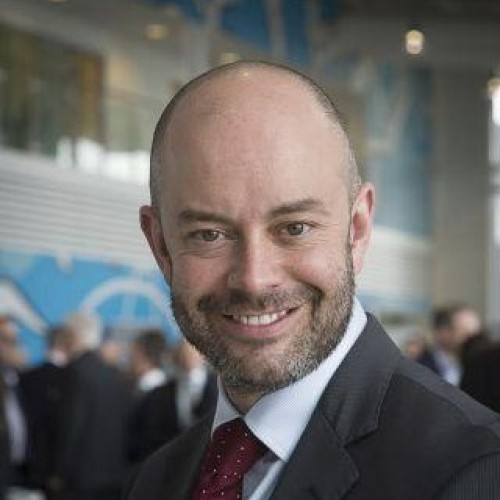
Ivan Baldwin
UK Business Development Director for Nuclear Power
Bechtel

Phil Chaffee
London Bureau Chief and Deputy Editor
Nuclear Intelligence Weekly
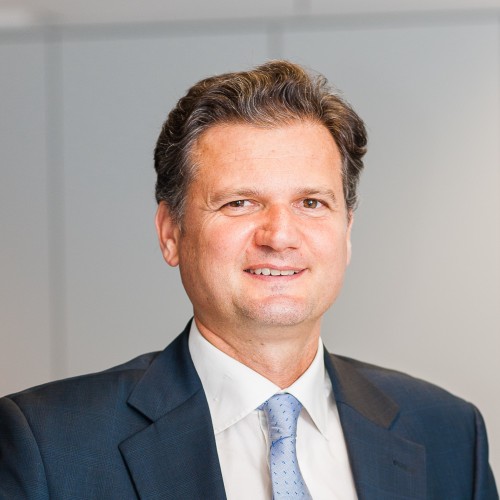
Yves Desbazeille
Director General
nucleareurope

Kirsty Gogan
Founding Director and Co-CEO
TerraPraxis
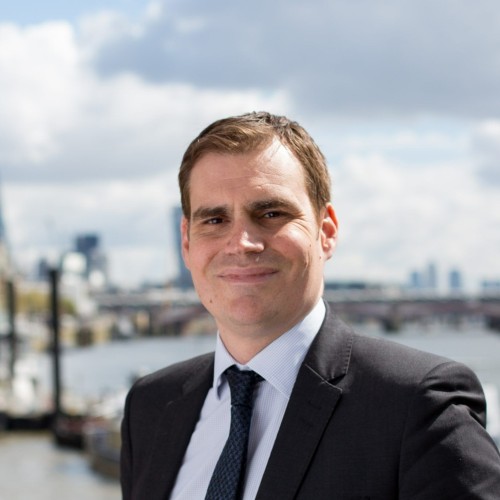
Tom Greatrex
Chief Executive
Nuclear Industry Association
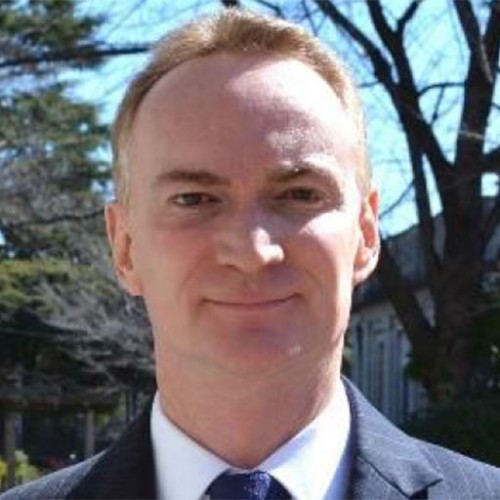
Chris Heffer
Director of Nuclear Power, Infrastructure and Decommissioning
Department for Business, Energy & Industrial Strategy
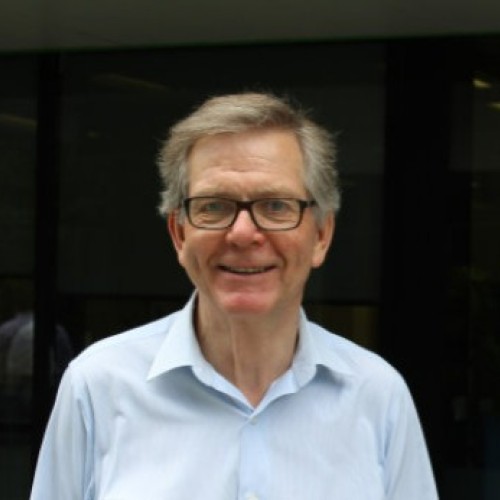
Neil Hirst
Honorary Senior Research Fellow
Grantham Institute, Imperial College London
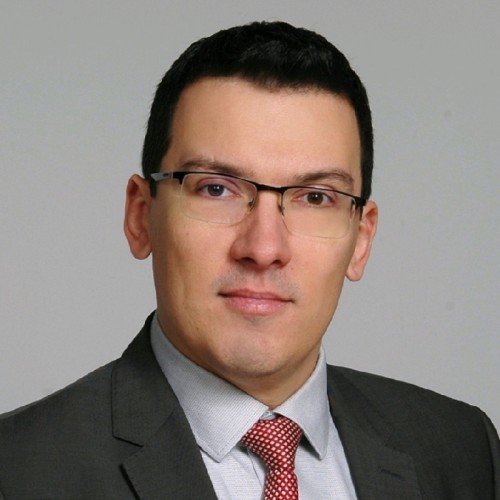
Attila Hugyecz
Chief Economic Advisor
Paks II. Nuclear Power Plant

Emilia Janisz
Director of Strategy
European Nuclear Society

Matthew Job
Partner, Energy and Infrastructure
Herbert Smith Freehills LLP

Harry Keeling
Head of Industrial Markets
Rolls-Royce SMR

King Lee
Director Harmony Programme
World Nuclear Association
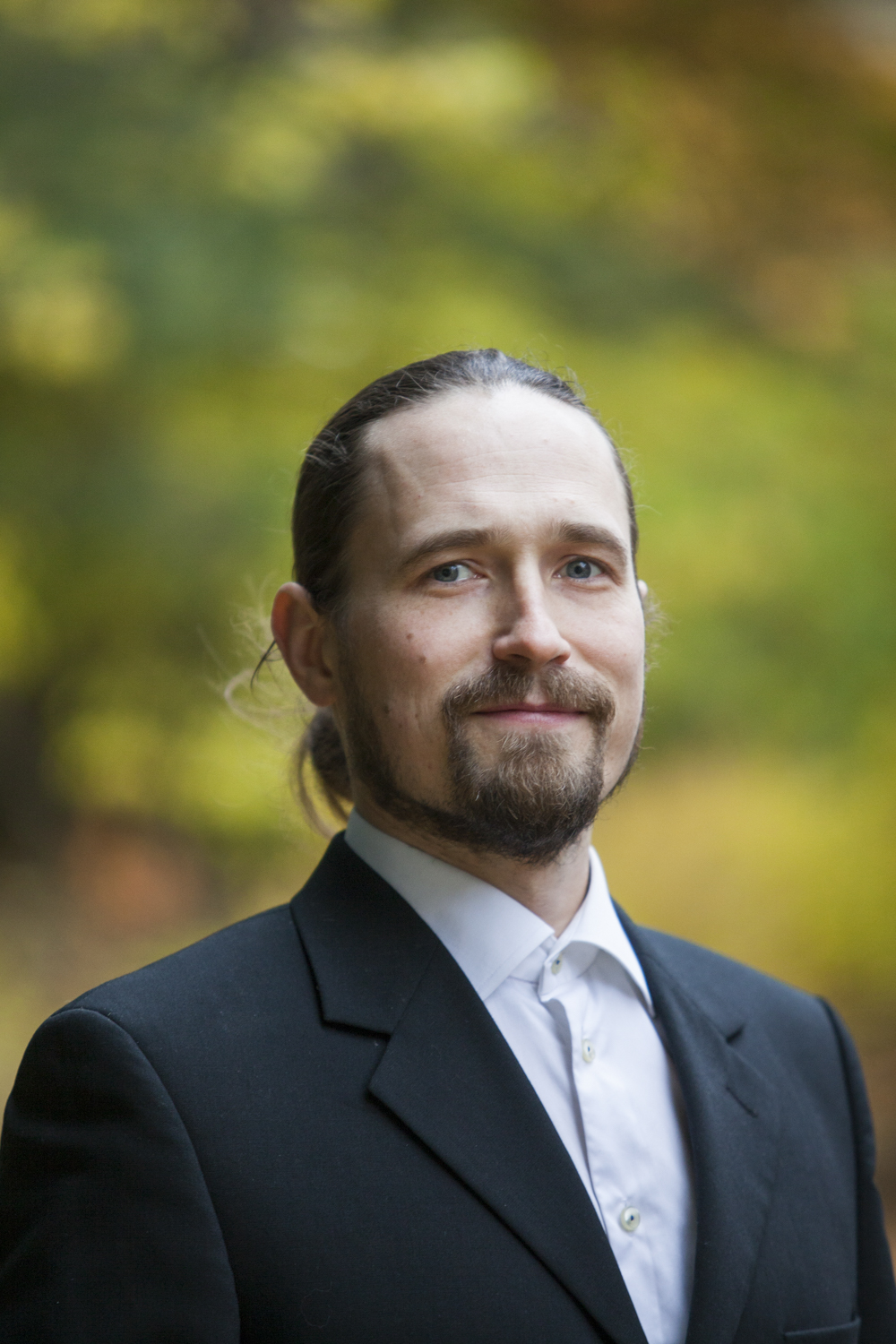
Rauli Partanen
Chief Executive Officer
Think Atom
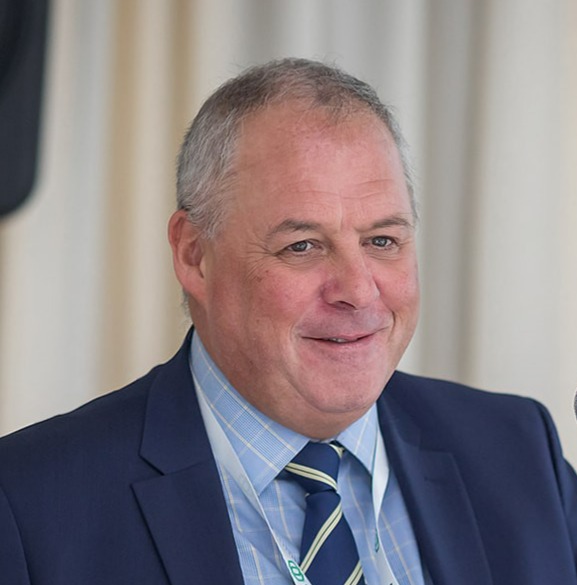
Martin Porter
Secretary General
World Nuclear Transport Institute
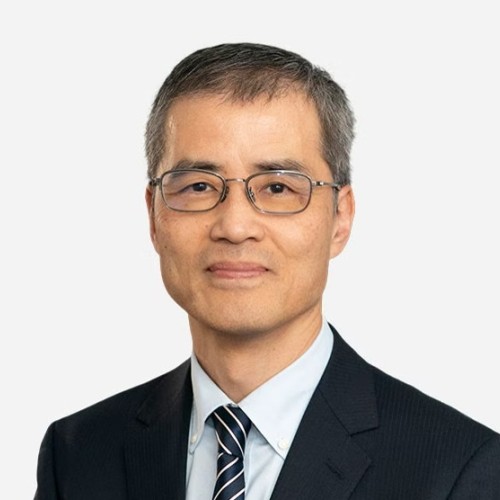
Keisuke Sadamori
Director of the Office for Energy Markets and Security
International Energy Agency

Shekhar Sumit
Head of Energy Transition, Sizewell C
EDF Energy

Saralyn Thomas
Chair
Nuclear Institute Young Generation Network

Luc Van Den Durpel
Founding Partner
Nuclear-21

Antonio Vayá Soler
Senior Energy Analyst
OECD Nuclear Energy Agency

Fredrik Vitabäck
Director of Market Development, Europe
GE Hitachi Nuclear Energy

Tim Yeo
Chairman
New Nuclear Watch Institute
Subscribe to our
Newsletter
Basics of our newsletter, a must-have industry update.
Every month, you will receive








